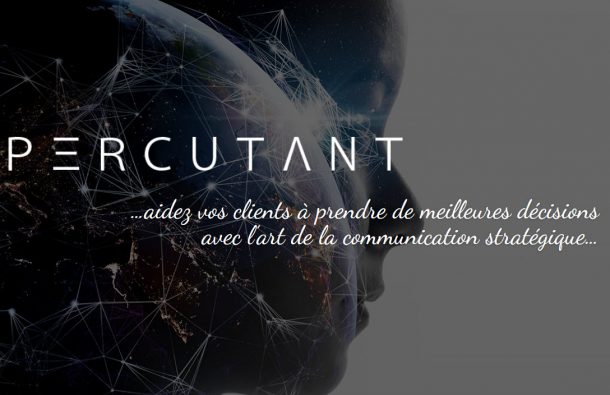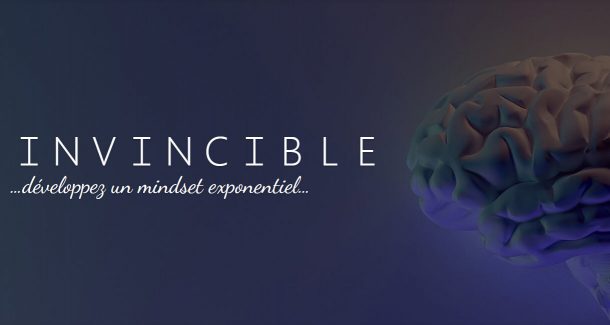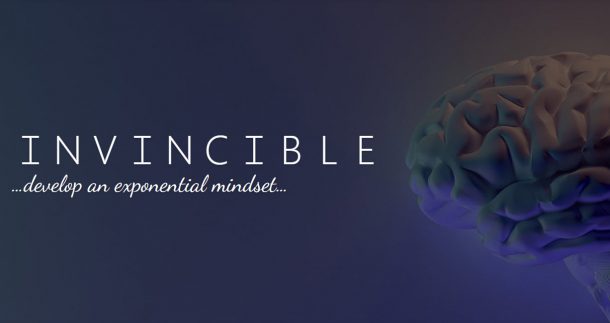Are other people sometimes surprised by your intensity?
Do people say you lacked empathy in certain situations?
Are you often caught off-guard by your emotional responses?
In cases like these, the saying “time will take care of everything” unfortunately does not apply. If you don’t act, nothing is going to change.
It’s time to balance your rational brain and take the plunge!
Here are 5 steps you can take to increase your emotional intelligence!
Intention
First, decide to be in Observation mode for your next team meeting or appointment with a client. Choosing one precise intention is crucial when you want to begin developing your emotional intelligence. Avoid losing yourself in a myriad of personal goals: take it one at a time.
Example: “I’m going to observe how I interact with my colleague Jeremy.”
Summary
Take a moment after your meeting to describe what happened and your impressions:
- responses to your comments
- reactions that you didn’t understand
- questions that were asked of you
- how you felt (emotions)
- your observations as you are conducting this review exercise
Example: “I’m often surprised, even upset by Jeremy’s comments.”
Reflection
After describing what you noticed and observed during your meeting, take time to reflect and ask yourself these questions:
- Why did I react in that way?
- How could I have said that another way?
- How did I feel?
- Why did he say that?
Example: “Why do Jeremy’s comments upset me?”
Validation
To validate an impression or answer one of your questions, choose a new intention for the next meeting. This step allows you to take the process further, providing new aspects to consider each time.
Example: “I’m going into this meeting with the intention of observing myself to see how I feel about and respond to Jeremy’s comments.”
Conclusion
After a few meetings in Observation mode, it’s time combine all the answers to your questions. You will come to some conclusions.
Example: “I realize that Jeremy’s comments upset me because of his tone.”
This is the stage in which you can identify your goals, aspects you want to work on to consciously develop your emotional intelligence.
Example: “I’m going to practise ignoring his tone and focusing on the content of his remarks.” Look for tools that might be useful to you in achieving your goals: books, blogs, videos, talks, seminars and, of course, coaching.
 About Mylène Pellerin
About Mylène Pellerin
Mylène Pellerin has 10 years of experience in corporate communication, especially in strategic coaching, coaching and intervention in conflict management. As an interaction coach, she helps leaders manage their communication and collaboration issues in the workplace. www.coach-interaction.com






